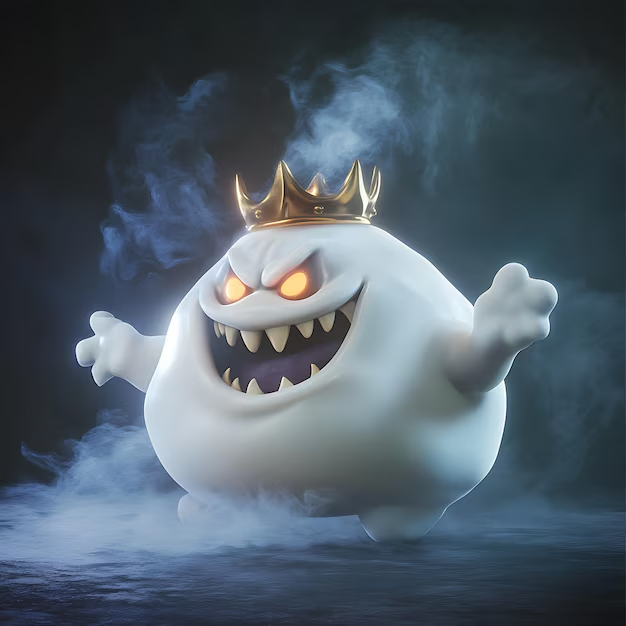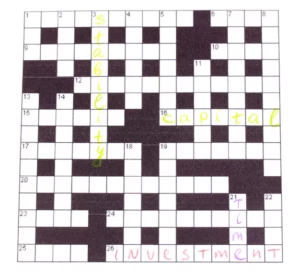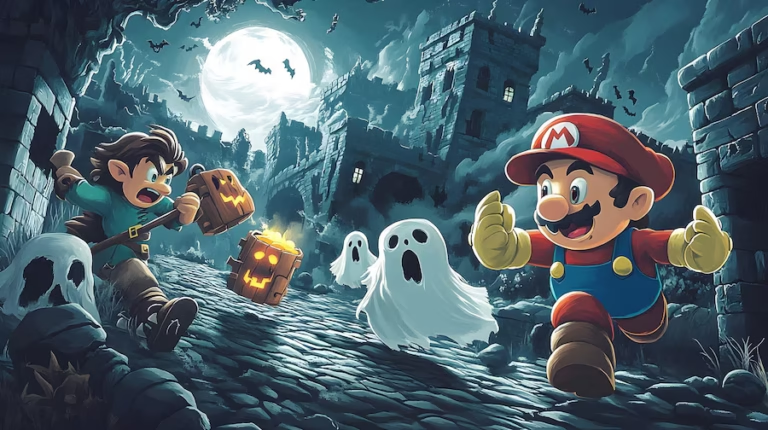There is a realm in gaming — part fantasy, part fable — where villains wear crowns, breathe fire, or float silently through haunted halls. These are not your average monsters. No, these are characters of weight and will. Of tragic flaws and misunderstood motives. And none embody this enigmatic essence more than Bowser and King Boo, Nintendo’s most iconic lords of the dark.
In a world where good guys wear red caps and save princesses, what drives the villains? What fills their palaces of shadow and steel? In a tone reminiscent of the New York Times’ most soulful profiles, this is not just a tale of games — but a story of hearts wrapped in armor and cloaks, yearning for something more.
🧱🔥 The Fire-Breathing Monarch: Bowser
The Beast Behind the Shell
At first glance, Bowser is all brawn — a spiked shell, claws sharper than memory, and a bowser and king boo nyt roar that echoes across kingdoms. But behind the menace lies a monarch burdened by his own legend. He is not just the antagonist to Mario’s cheer; he is the eternal outsider, clawing for recognition in a world that fears him.
Is it love for Peach that drives him?
A thirst for power?
Or is it simply that he was made to be feared, and plays his part with crushing devotion?
Bowser is the dragon of every fairy tale, but unlike most dragons, he dreams. Of victory, yes. But also of being seen, understood — perhaps even loved.
🏰 Koopa’s Kingdom: A Fortress of Iron and Insecurity
The castles Bowser builds are not just dungeons. They are reflections of a ruler who never felt safe. Lava moats, spinning axes, thunderous doors — this is a kingdom not built for comfort but defense. Against Mario. Against judgment. Against a world that never asked how it feels to be the monster.
Through every pixel, Bowser proclaims:
“I matter. I exist. I will not be forgotten.”
👻👑 King Boo: The Whisper in the Darkness
The Ghost of Grievances Past
Where Bowser stomps, King Boo floats. He does not yell; he simmers. The haunting ruler of Luigi’s nightmares is a spectral king, cruel in his quiet, plotting in silence. But isn’t every ghost a memory first? A pain unresolved?
King Boo’s face — stretched in a devilish grin — masks what might once have been grief. And like all phantoms, he seeks not peace, but presence. He wants to be seen. To haunt someone so thoroughly they can never forget.
He chooses Luigi not just because he’s Mario’s brother, but because he’s vulnerable. And in that vulnerability, King Boo finds someone who mirrors his own pain.
🎭 A Kingdom of Echoes and Illusions
His haunted mansions are not just spooky stages. They are psychological mazes. Every portrait, every whispering hallway, reflects a ruler who traps souls not out of sport — but from a need to possess what he himself lacks: warmth, laughter, life.
In every glowing eye, in every shadow cast, we see a monarch who chose fear over forgottenness.
Because to haunt is to matter.
🕰️ Legacy and Lament: Why We Love Our Villains
Bowser and King Boo have endured across generations not because they win — but because they represent something raw. The rejected. The misunderstood. The unloved.
They are not just enemies. They are metaphors.
Bowser is Ambition Misunderstood.
A fire that burns too bright, scorching the bridges he tries to build. He could have been a hero — if only the world had looked past the claws.
King Boo is Loss Made Manifest.
A grief so deep it no longer wants to be healed — only echoed in others.
🎮 The NYT Lens: More Than Just Games
The New York Times has often ventured into the realms of pop culture with a tone that humanizes icons. If they were to profile Bowser or King Boo, they wouldn’t focus on boss battles or stats. They would delve into their hearts, their histories, and the psychology behind their choices.
They would ask:
- What does Bowser do when the castle is quiet?
- Does King Boo remember being alive?
- What haunts the haunted?
Through this lens, they are not just sprites on a screen.
They are Shakespearean in tragedy, Gothic in emotion.

🎭 Their Relationship with the Mushroom Kingdom
Bowser is not just an invader; he’s part of the ecosystem.
King Boo isn’t just a ghost; he’s a guardian of the forgotten.
In truth, their existence gives meaning to Mario and Luigi’s heroism. Without darkness, light is aimless. Without struggle, the story is hollow.
💡 A Look at Power and Identity
Bowser rules with fear, but sometimes — like in Paper Mario or Bowser’s Inside Story — we see glimpses of sarcasm, charm, even loyalty. He is not beyond redemption. He is stuck in a role the world won’t let him leave.
King Boo, on the other hand, is more absolute. He embraces his villainy with a coldness that makes him poetic, even majestic. He is power distilled, a symbol of what happens when you let pain become your identity.
👨👩👦 Generational Love for These Villains
Ask a child about Bowser, and they’ll shout, “he’s scary!”
Ask an adult, and they might pause — remembering the countless times Bowser lost, dusted himself off, and returned.
Ask about King Boo, and you’ll hear whispers of haunted mansions and jump-scares.
But also, a respect for a villain who never forgets.
These characters grow with us.
Their battles were our childhood games.
Their stories are our modern myths.
🧵 The Fabric of Storytelling in Gaming
Bowser and King Boo prove that gaming is not just play — it’s poetry. Every boss fight is a dialogue. Every escape, a metaphor. Every villain, a mirror.
Their thrones are not just levels.
They are stages where we confront fear, failure, and the parts of ourselves we try to ignore.
🎇 The Future of Their Legacy
With new consoles and fresh generations, these characters will evolve. But their essence will endure:
- Bowser will always chase something just out of reach — and remind us to never stop trying.
- King Boo will always haunt us — and remind us of that grief, too, seeks to be acknowledged.
Perhaps in future games, we’ll see their origin stories.
Or a day when Bowser doesn’t kidnap Peach but saves her.
When King Boo doesn’t trap Luigi but guides him through darkness.
Even villains can change.
Even villains can dream.
🎤 Final Thoughts: Monsters with Heartbeats
In the end, Bowser and King Boo are more than bosses to be beaten.
They are stories waiting to be read.
They are pain dressed in pixels; desire coded in dialogue.
They are us, in all our flawed glory.
So next time you face Bowser in his flame-drenched tower,
Or shiver in the shadow of King Boo’s cursed smile,
Remember — you are not fighting monsters.
You are dancing with myth.
Playing through poetry.
And whispering to the deepest parts of the human soul.
❓ FAQs
Q1: Are Bowser and King Boo connected in Nintendo lore?
While not directly linked by storylines, they represent contrasting villain archetypes — brute force vs spectral intellect — and are cornerstones of Nintendo’s dark royalty.
Q2: Why is Bowser always kidnapping Princess Peach?
It’s a symbol of obsession, control, and misunderstood love. More than plot, it’s a cycle — one that mirrors many real-life patterns of unreciprocated pursuit.
Q3: What makes King Boo such a compelling villain?
His silence, his cunning, and his aura of tragedy. He’s not just spooky — he’s sad, and that makes him hauntingly human.
Q4: Are there games where Bowser or King Boo are more than villains?
Yes! In titles like Bowser’s Inside Story, Super Paper Mario, and Luigi’s Mansion 3, we see deeper layers of both characters.
Q5: Could Bowser or King Boo ever be redeemed?
In the world of narrative, bowser and king boo nyt — especially when the audience sees the humanity behind the horror.





